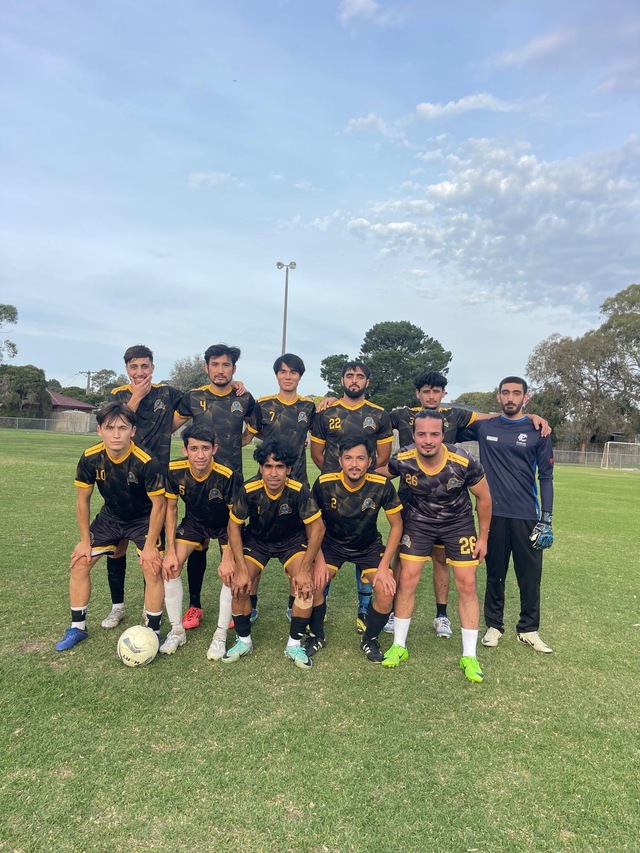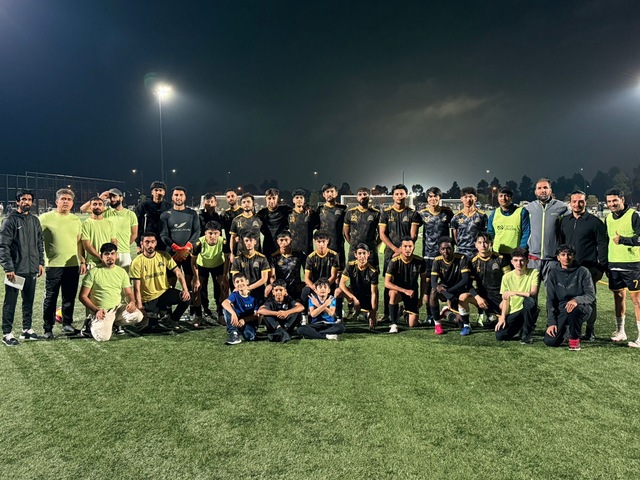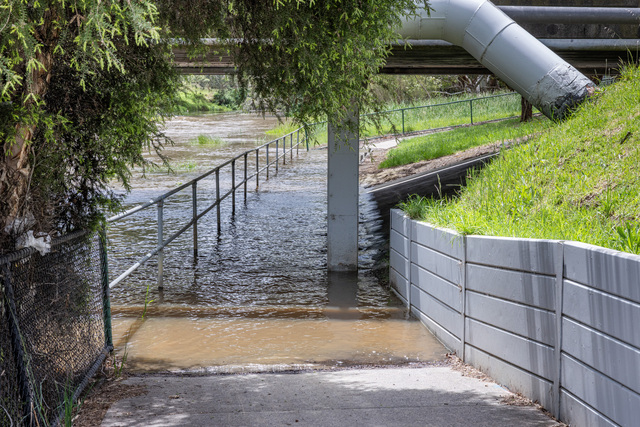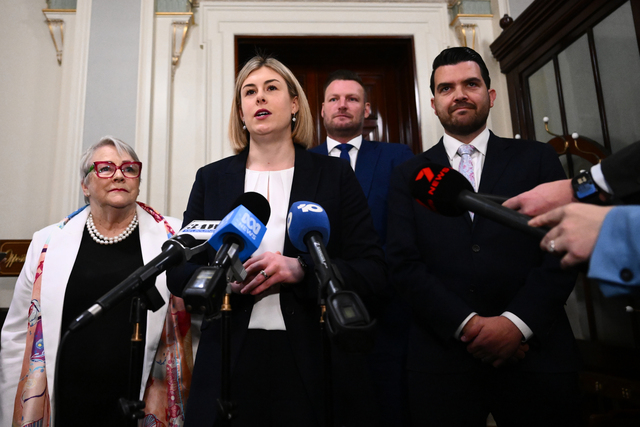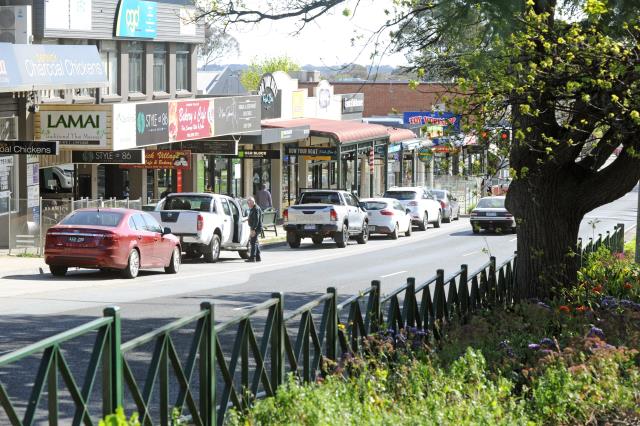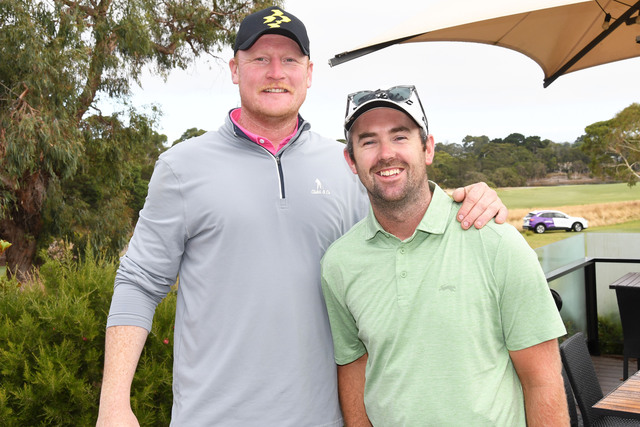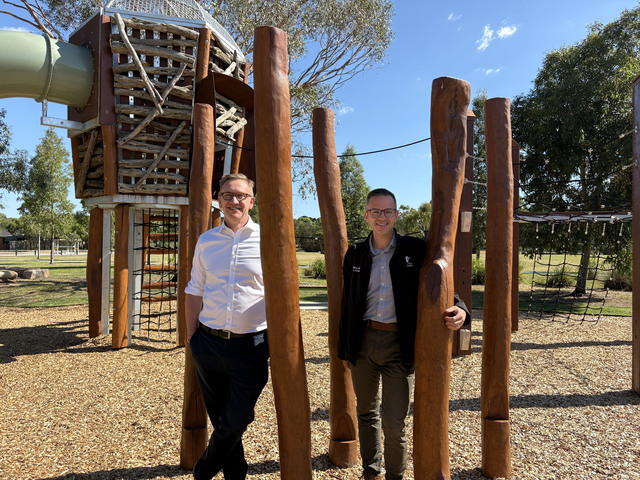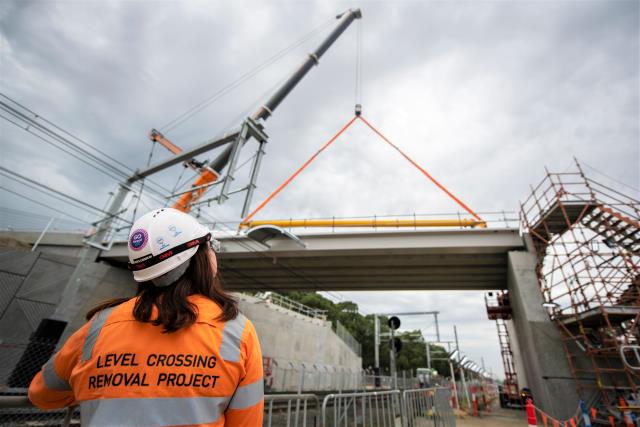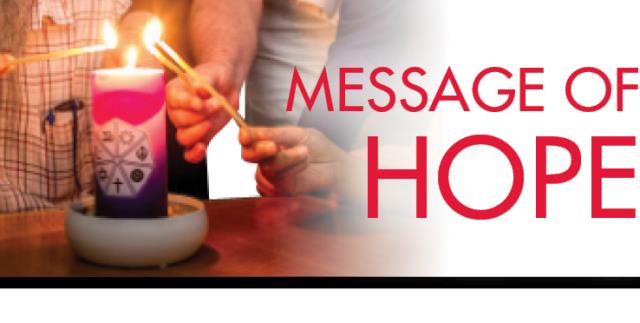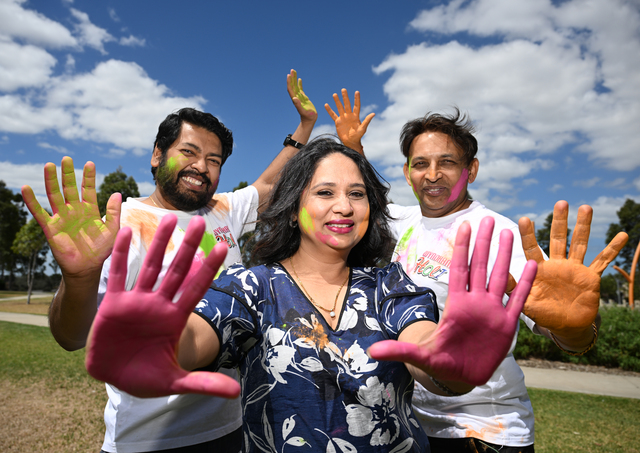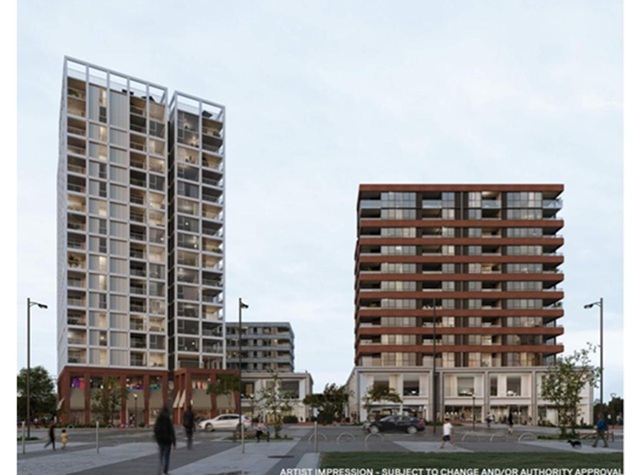One of Australia’s newest soccer clubs was forged in the crucible of war-torn Afghanistan and amid the precarious and dangerous days that saw the return of the Taliban.
When hundreds of thousands of Afghans who had worked with allied militaries or governments were airlifted out of Kabul in September 2021 as the Taliban returned to power, the boys from the Etihad Afghan FC were among them.
Over the next four years, the boys have forged new lives and careers in Australia.
Now, they have formed Etihad Afghan FC, whose bonds run much deeper than standard sports club camaraderie.
“When we came to Australia from Afghanistan it was difficult to find a team to play in. We tried to play with several clubs but there was a lot of travel, and the culture wasn’t right for us,” said Abdul Samad, the club captain and former Afghan air traffic controller.
“So, we decided to come together and play as a team. We share the same experience of having to leave our homeland and that is something that binds personally, and on the pitch.”
The club, based around Dandenong and South-East Melbourne, now has 45 members but with plans to grow and add women’s and junior teams.
The Etihad Afghan boys play in tournaments and casual games but are looking for financial support to be able to join a regular league. They train and play at a borrowed ground in Doveton.
“Eighty per cent of our players are refugees from Afghanistan who came to Australia after the Taliban took over the country,” Abdul said.
“They are all educated guys with university degrees, and some worked with the Australian embassy.
“We all played football in Afghanistan, and it is great to be able to reconnect as a team here.”
The team is coached by Wahidullah Wahidi, who was coach of the Afghan women’s soccer team.
The Etihad Afghan team played in a recent Melbourne Afghan Soccer Association (MASA) tournament which hosted Afghan exile teams from across the country and overseas and is planning to play in a similar tournament in Sydney.
“Our short-term goal is to compete in the tournament in Sydney and our longer-term goal is to grow the club, make it all gender and with different age groups,” Abdul said.
“We are trying to build the financial sustainability of the club into the future.”
Abdul, 30, is studying and working in carpentry, and also works in tiling and bathroom renovations.
“Lots of our boys are working in the trades. We are all moving on and building our lives in Australia.”
Abdul’s connection with the Australian military as a translator meant he was eligible for a visa.
But actually, getting out of Afghanistan was not so easy.
“When Taliban came, it was crazy and a bit scary. Everyone was rushing to the airport trying to get out.
“We got a message from the Australian embassy to go to a specific gate. But it took all day to get in and then I was helping the Australian army with translating for people who had visas.
“We spent a night at the airport as the army took our documents and visas and checked them. We were held in a specific area and the next day we got on an air force plane, and we were taken to Abu Dhabi.
“We spent three days in Abu Dhabi before we were flown to Adelaide.”
Abdul and his family, along with hundreds of other Afghan evacuees, spent two weeks in Covid quarantine.
“It was a strange time. We had been forced to flee with just our clothes and a few belongings… there was chaos and people everywhere… and we were flown across the world.
“Then we were in quarantine, and everything was quiet, and no one was going anywhere. But at least we were safe.”
When Covid restrictions were lifted, he and his family moved to Melbourne to be near friends who had also fled their homeland.
More than 120,000 people were evacuated by military aircraft from Kabul International Airport between August 13 and 30 2021 after the fall of the Afghan government of Ashraf Ghani and the return of the Taliban.
Led by the US, the operation also included the air forces of the UK, Australia, Germany, Canada, Korea, India and a host of European nations.

